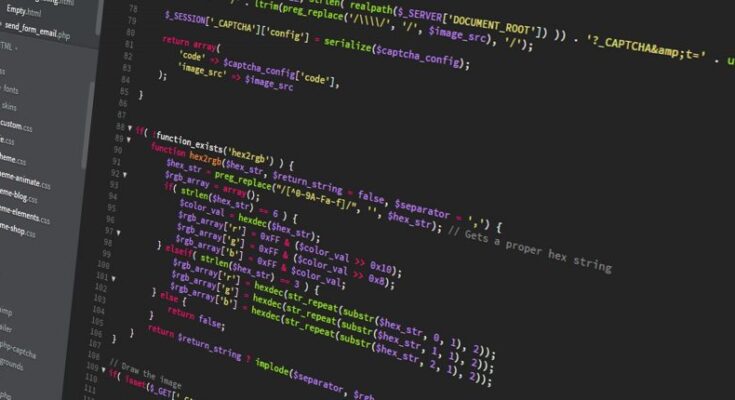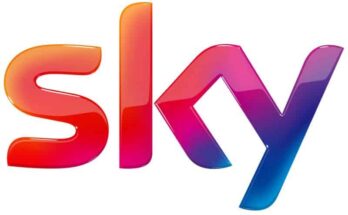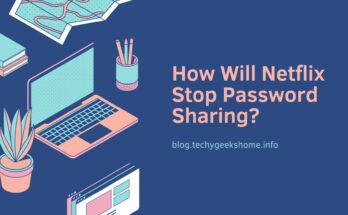Estimated reading time: 5 minutes
A VPN is undoubtedly one of the best possible tools to make your traffic private and secure. Some require monthly or even multi-year subscription commitments, but if you could get a VPN for free, why would you ever pay? It turns out that a free VPN might be a big mistake.
No free lunch
It’s easy to forget that a free VPN, like many other online services, isn’t actually free. It just uses you to make money. There are different ways that free VPNs can turn their users into products, and none of them translate into better privacy or security for you.
This monetization often comes in the form of ad revenue. First of all, this requires the VPN to keep fairly detailed logs of your activity, which some leading paid VPNs do not do. Second of all, it means that they will either replace ads on the websites you visit with their own or simply lay them on top – and many ad blockers won’t be able to help you.
If you don’t mind ads, then the VPN using their own ads may not be an issue for you. The collection of logs, however, should be, because it makes the VPN far less secure. Some paid VPNs collect logs as well, which is a problem, but even then, their logs are often far less detailed than those collected by free VPNs. They then sell those logs to third parties, which partially defeats the purpose of using a VPN in the first place.
There are also freemium VPNs – services you can use for free up to a certain point and then have to pay for to continue using or to expand its functionality. By design, these are made to antagonize you by keeping the service you really want just out of reach – otherwise, you wouldn’t pay for it! Once you do, however, keep in mind that your subscription is also paying for all of the free users on the service. You still won’t be getting the same quality of service as you would with a paid VPN.
Free fraud!
If you use a free VPN, you’ll be lucky if all it does is inject ads or sell your data to third parties. Numerous free VPNs have been accused of more aggressive (and fraudulent) monetization schemes that left users’ security and privacy worse off than before they used a VPN.
Hotspot, a VPN based in the US, was found to be using most of the aforementioned tools to monitor users’ traffic and sell ads – all while promising that they didn’t log their users’ data at all. Hola, a VPN service based in Israel, used its users’ bandwidth to power its VPN network. What it didn’t tell them, though, was that it also sold this bandwidth to business clients who wanted to move large amounts of data. Eventually, this network was even used by hackers as a botnet to launch a DDoS attack on 8chan, a popular messageboard site.
Other free VPNs, instead of securing your traffic, attack users’ safety by injecting malware or redirecting users to malicious links. A study by the CSIRO found that as many as 38% of free VPN apps on the Google Play app store contained malware, and that many of them were among the most popular and frequently downloaded apps. They are after all, free tools, and hackers or unscrupulous companies know that they’ll get unwitting users to download their apps no matter what they do.
You get what you pay for
The illusion of being secure can be just as bad as, if not worse than, having no security at all. In many cases, free VPNs use outdated encryption protocols or lack essential security features that most paid VPN services will give you. In other cases, paid VPNs might offer non-essential but convenient services that will boost your favorite services. Specially configured servers for P2P file transfers or video streaming, built-in malware filters, and world-wide dedicated server selection are just a few of the benefits you get with a paid VPN that you won’t get from a free VPN.
There’s also the question of performance. Free VPNs are far more likely to “leak” (though it happens to paid VPNs, too). When a VPN leaks your IP address, it defeats the whole purpose of using a VPN, which is to keep you relatively anonymous and secure. This happens far more frequently among free VPNs, which are nowhere near as rigorously engineered as paid solutions.
Let’s talk money
VPN prices may seem off-putting at first, but don’t forget that they are usually monthly or yearly subscriptions. Ordering a longer subscription makes for a very low cost per month, and the security and privacy benefits are definitely worth it as cybercrime and privacy invasion both grow more and more prevalent at individual, corporate and state levels.
Share this content:



